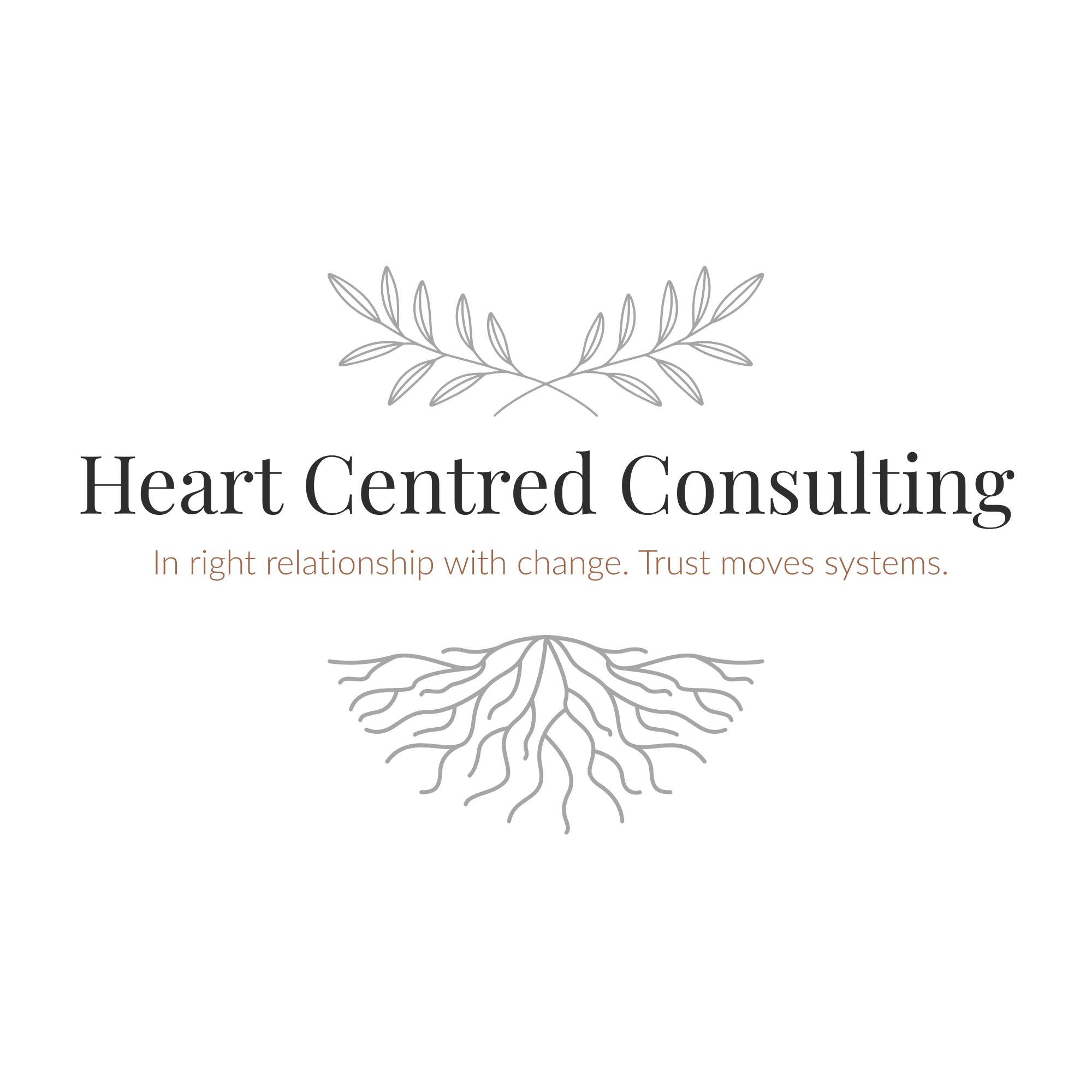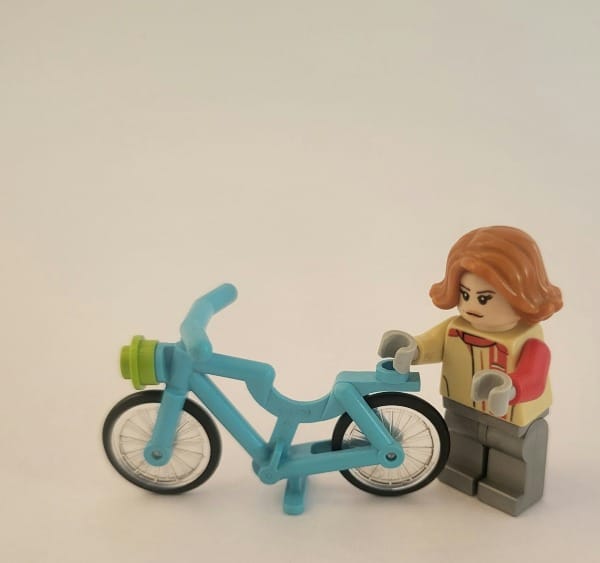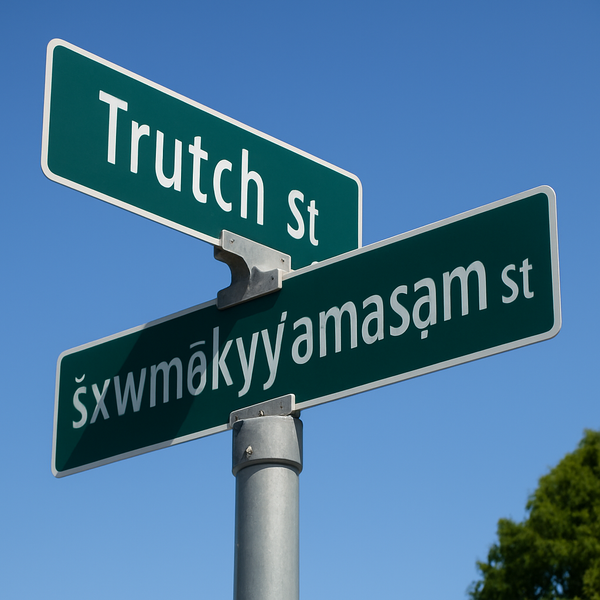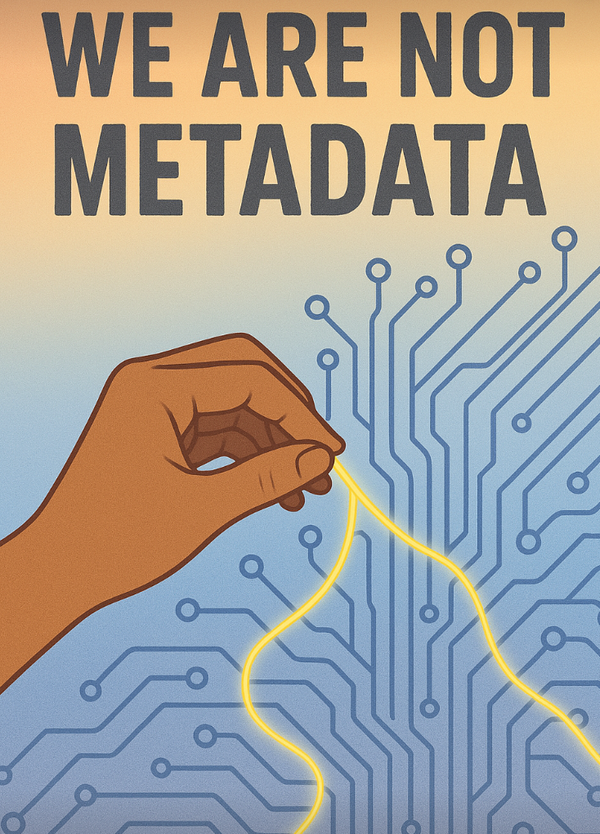What I Learned Building a Startup Cooperative in the Middle of a Crisis
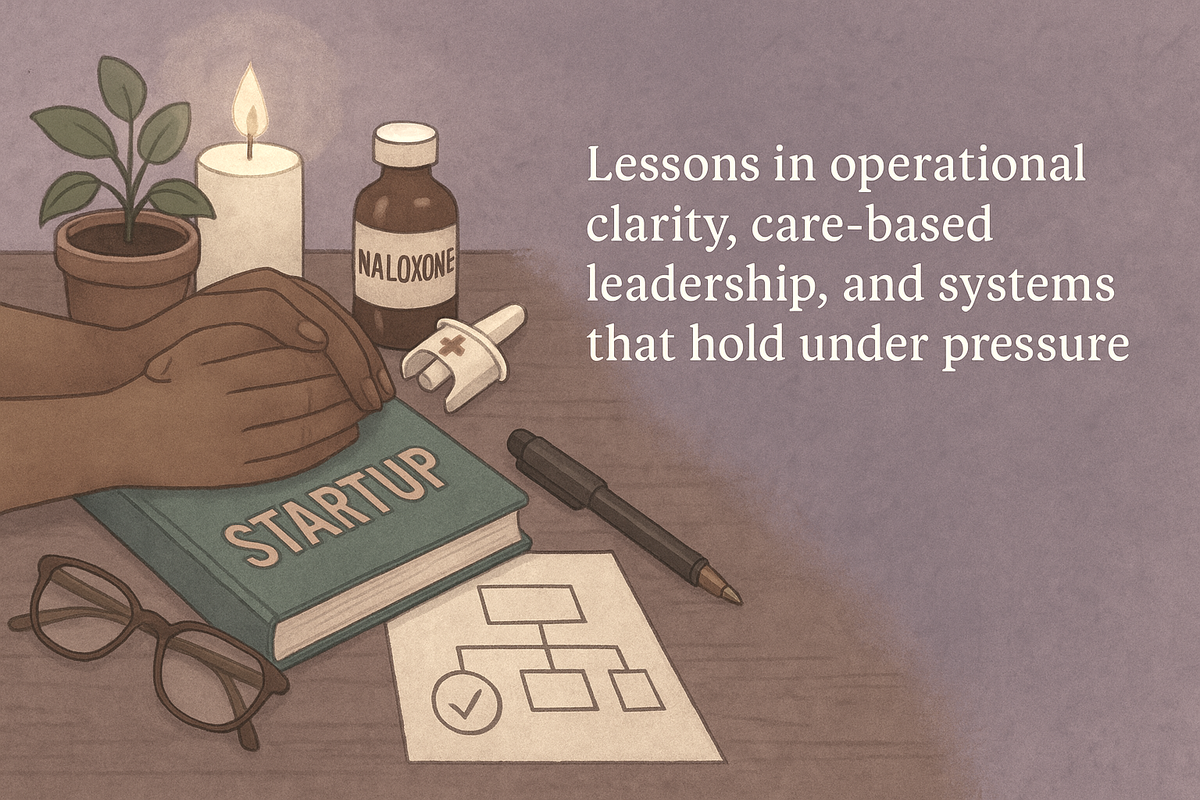
Before Brave, my work came in containers. I could divide myself across contracts, consulting gigs, and roles in Vancouver's health authority. I wore literal hats—one for grant writing, one for project design, another for research. Switching hats helped me switch personas, organize my energy, and protect my boundaries. Each task had a beginning, a middle, and an end.
But three years into Brave, that architecture collapsed.
We had launched with vision, grief, and urgency—but no shared operational backbone. No org chart. No accountability structure. Everyone had a different idea of what it meant to be in a co-op. Projects stalled. Deliverables piled up. And one by one, they fell on my shoulders.
By then, I couldn’t trust anyone on the team to carry a project across the line—not because they didn’t care, but because we hadn’t built the scaffolds they needed to succeed. I was working from 5 a.m. to midnight; barely sleeping, missing family events, and missing the all-too-often celebrations of life. I had no slow time. I was jumping between roles, never landing.
It is no surprise that I broke. I had a full nervous system collapse. I had the privilege of taking six weeks off to get my house, brain, and soul in order.
During that time, I realized that if I was going to come back, I couldn’t keep doing things the way I had. I needed to design for trust. To audit, and rebuild all our systems that created confusion or clarity across software, product, partnerships, and delivery. I had to stop being a one-woman engine and start acting as a systems strategist and someone who made it possible for others to carry the work too.
I brought with me deep experience in systems transformation and community engagement, but if Brave was going to succeed, I had to grow beyond what I already knew. I had to develop sharper communication and interpersonal skills—how else could I build accountability, delegate effectively, and foster collaborative trust? I needed to strengthen my business acumen and learn the (often foreign) language of social impact investment and purpose-driven entrepreneurship. And perhaps most critically, I had to start seeing myself not just as a doer, but as a leader.
That’s how I became a COO. Not by ambition. By necessity.
I didn’t launch Brave to build a career. I helped build it because people I loved were dying. The limited systems meant to protect them weren’t built to last beyond a political change, and the best I could do in those days was help patch holes; on contracts, in harm reduction sites, with meagre funding and even less time. We were all scrabbling for dignity in a crisis that had become normalized.
In 2018, the poisoning crisis wasn’t new, but the scale of it, the political indifference, the mounting grief... that was something else. We were losing peers, mentors, and family. Yet still expected to show up to meetings and talk metrics, deliverables...
So we decided to build something different. For myself, Brave was born from deep grief and defiance.
Brave started with a collective of bright-eyed engineers, entrepreneurs, educators, activists, and community members; some directly impacted by overdose, others driven to disrupt tech design and capital systems. We didn’t want to tweak the edges of broken systems. We wanted to rebuild from a different logic entirely. Along every axis.
Choosing to build Brave as a cooperative wasn’t just symbolic. It was structural resistance. We refused to replicate the top-down dynamics we saw in nonprofits, academia, tech startups, and philanthropy. Anywhere, even the most justice-driven projects still relied on hierarchy, extraction, or saviourism to function.
Brave was our attempt to test a different theory of scale.
We believed mutual aid could scale. We believe(d) that privacy, consent, and dignity could be embedded in overdose response technology. We believe(d) that relationships, not products, should be the heart of innovation.
It was never clean. It was never easy. But it was ours.
Scaling justice isn’t just about values. It’s about mechanics. If equity doesn’t live in the structure—how people are hired, how decisions are made, how funding is pursued—then it becomes a slogan, not a practice.
At Brave, we had to learn that the hard way.
Early on, we tried to avoid hierarchy altogether. We wanted to build systems that felt cooperative, relational, and fluid. But without shared definitions or accountability, nothing moved. Projects stalled. Team members didn’t know who could make decisions or how. And in the absence of structure, power consolidated quietly around those most comfortable filling the vacuum.
That vacuum often became me.
The more gaps I filled, the more invisible those gaps became. Until the day I broke. After my leave, I came back with a different approach. We didn’t need a traditional org chart. But we did need clarity. Trust. Scaffolds.
I began designing interoperable operational systems across product development, research partnerships, and software implementation. We introduced project charters, role clarity tools, standard operating procedures, and delivery tracking that didn’t feel extractive, but did create traction. With these systems in place, we could prove social impact related to adoption and scale.
Justice became a method. A feedback loop. A system of alignment.
It shaped:
- Our hiring rubrics, which prioritized capacity, values alignment, and lived experience over polished credentials
- Our grant strategies, which told the truth without performative metrics
- Our funding relationships, which rejected saviour logic and centred mutual commitment
- Our data and tech design, which preserved privacy, consent, and agency
- Our internal processes, which emphasized accountability without control
We scaled intentionally. Over the 7 years I was COO, I helped Brave raise $12 million through diverse revenue streams: millions in public and philanthropic grants, investor rounds, and annual product revenues. Every button, sensor, and app we developed and deployed had a real-world impact: over 500 overdoses were reversed through our tools. Over 20,000 people were supported in a time of isolation.
But more than that, we built systems where people could trust that they wouldn’t have to carry it all alone.
Even with all the amazing work accomplished with Brave, I had to recognize that I had lost the joy of of the work. Brave was my baby, my community creation, my act of defiance. But the cost of keeping it alive had begun to strip away the parts of myself I needed to preserve, my own rhythms and values. Values like slow time, making delicious food, family, connection to land and body. The systems I helped build were ready to stand on their own. I didn’t need to keep propping them up. I was ready to return to myself.
I’m not here to sell resilience. I’m not here to speed you up.
I’m here to offer my experience, clarity, and strategic scaffolding in ways that don’t cost you precious resources. Scaffolding for teams doing heavy work inside brittle systems. For leaders carrying too much. For organizations whose values are strong but whose operations are starting to fray. For people trying to hold the line between care and collapse.
Everything I offer now comes from lived experience. I’ve done the work without enough sleep, enough money, or enough support. I’ve carried deliverables across the line alone because no one knew how to share the load. I’ve designed systems that looked good on paper but didn’t hold up in practice. And I’ve rebuilt those systems to breathe, flex, and resource the people inside them.
When I work with organizations, I bring a blend of field-tested strategy and values-rooted implementation. I can help you pause the reactive momentum long enough to see what’s breaking, missing, and needs rebuilding.
I can offer:
- Rest as strategy, not just recovery. Structures that embed cycles of slowdown without sacrificing values integrity
- Operational scaffolds that reflect your real needs, not what the nonprofit industrial complex or startup culture says they should be
- Grant and funding strategies that align with community values and resist extractive metrics
- Feedback loops that are relational, reciprocal, and iterative, not survey fatigue in disguise
- Conflict navigation tools that protect relationships while moving toward clarity and accountability
- Hiring and onboarding processes that emphasize consent, equity, and growth over meritocracy
- Cross-sector partnerships rooted in shared power and mutual respect
- Scalable systems that keep people and mission at the center as your work grows or shrinks
I don’t do this work as a neutral consultant. I do it as someone who’s been where you are. Who knows the cost of getting it wrong. And who’s committed to helping you build something that can hold what’s heavy without crushing the people inside.
If you're trying to lead with care in a system that demands urgency, I can help.
Oona Krieg
Consultant, Fractional COO/CEO,
heartcentredconsulting.com
